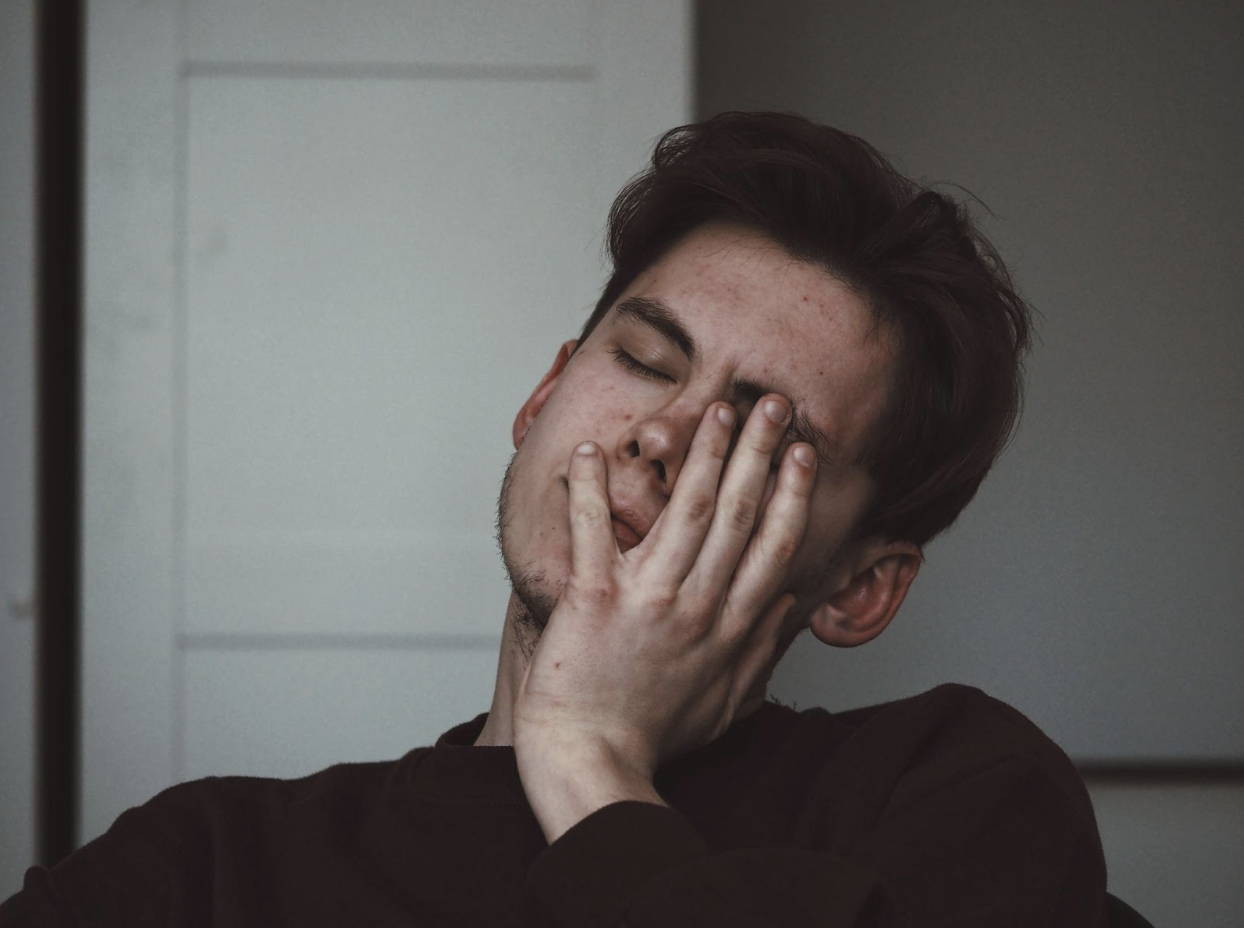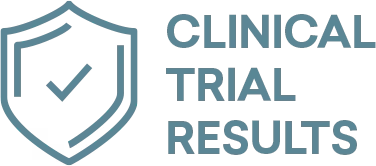

Headaches are a common disturbance of the nervous system. The pain is focused on the head and face and could be sharp, dull, aching, throbbing, or constant. They might come on suddenly or build gradually over time.
Because some people experience them every day, headaches often go untreated. Conservative estimates guess that 50% of the world’s population has experienced at least one headache in the past year. However, it’s hard to know the exact percentage of people who suffer from headaches since most headaches also go undiagnosed.
Keep reading to learn more about what causes headaches and a few ways you can prevent and treat them.
What Causes Headaches
Technically, headaches result from an unknown mechanism that activates nerves in the brain and affects the surrounding muscles and blood vessels. The nerves then send pain signals to the brain, causing a headache.
However, understanding what causes headaches in terms of physical reactions within the brain does not explain what triggered the response in the first place.
While some headache causes remain a mystery without the help of a doctor, some common triggers include:
- Alcohol use
- Depression
- Stress
- Excessive medication use
- Tension in the head, neck, and shoulders
- Lighting
- Loud noise
- Changes in weather
- Caffeine withdrawal
- Lack of sleep
- Food allergies
Each of these triggers causes a different type of headache, ranging from bothersome but easy-to-avoid hangovers to persistent and difficult-to-treat migraines.
Four Common Headache Types
The most common types include tension headaches, migraines, sinus headaches, and cluster headaches.
1. Tension
2. Migraine
Menstrual migraines are unique to women, resulting from fluctuating hormones during the menstrual cycle. They usually occur a few days before a woman’s period and persist for up to three days during her period.
3. Sinus
4. Cluster
Tension headaches, migraines, sinus headaches, and cluster headaches are the most common types of headaches but are not the only ones. The medical community recognizes over 150 different types of headaches.
Headache Prevention
You might need to address several aspects of your lifestyle to get rid of the headaches.
A few habits you might want to examine include:
- Sleep length and quality
- Diet — food allergies, skipping meals, poor food quality, excess sugar, etc.
- Exercise
- Stress levels
- Caffeine and alcohol consumption
- Medications or supplements
Perhaps the headaches only happen once a month around your period or every time you order pizza from the place down the street. Channel your inner detective, and, as always, you can refer to your primary care doctor for assistance.
Natural Headache Solutions

Aside from over-the-counter medications, plenty of effective natural headache solutions also exist. Many of them are part of a balanced lifestyle and will support other aspects of your health.
These natural headache solutions are most effective when used regularly and include:
- Drinking plenty of water
- Using essential oils
- Taking a B-complex vitamin
- Trying acupuncture or yoga
- Drinking ginger tea
Finding your unique triggers and the best solutions for you may take some time. So be patient with your body as you experiment.
Remember that headaches are not always the problem but might be a signal from your body that something else is out of balance. Work hard to correct those imbalances, whether in your overall health or lifestyle, and you’ll also rid yourself of persistent headaches.
When to See a Doctor
The same is true if you get more than three headaches per week, have persistent headaches that won’t go away, or consistently take pain relievers. Again, follow your instincts and seek medical care sooner rather than later if your symptoms are alarming or constant.
Remember, your Kailo Pain Patch can help support you on your journey to health, allowing you to take a deep breath as pain fades away. Kailo is to work by interfering with your body’s electrical system, and a recent clinical study showed that 97% of users were extremely satisfied with Kailo over oral medication.
Disclaimer: Kailo should not be used if you have a pacemaker or if you are pregnant. Always consult your doctor or health care professional before using Kailo.









